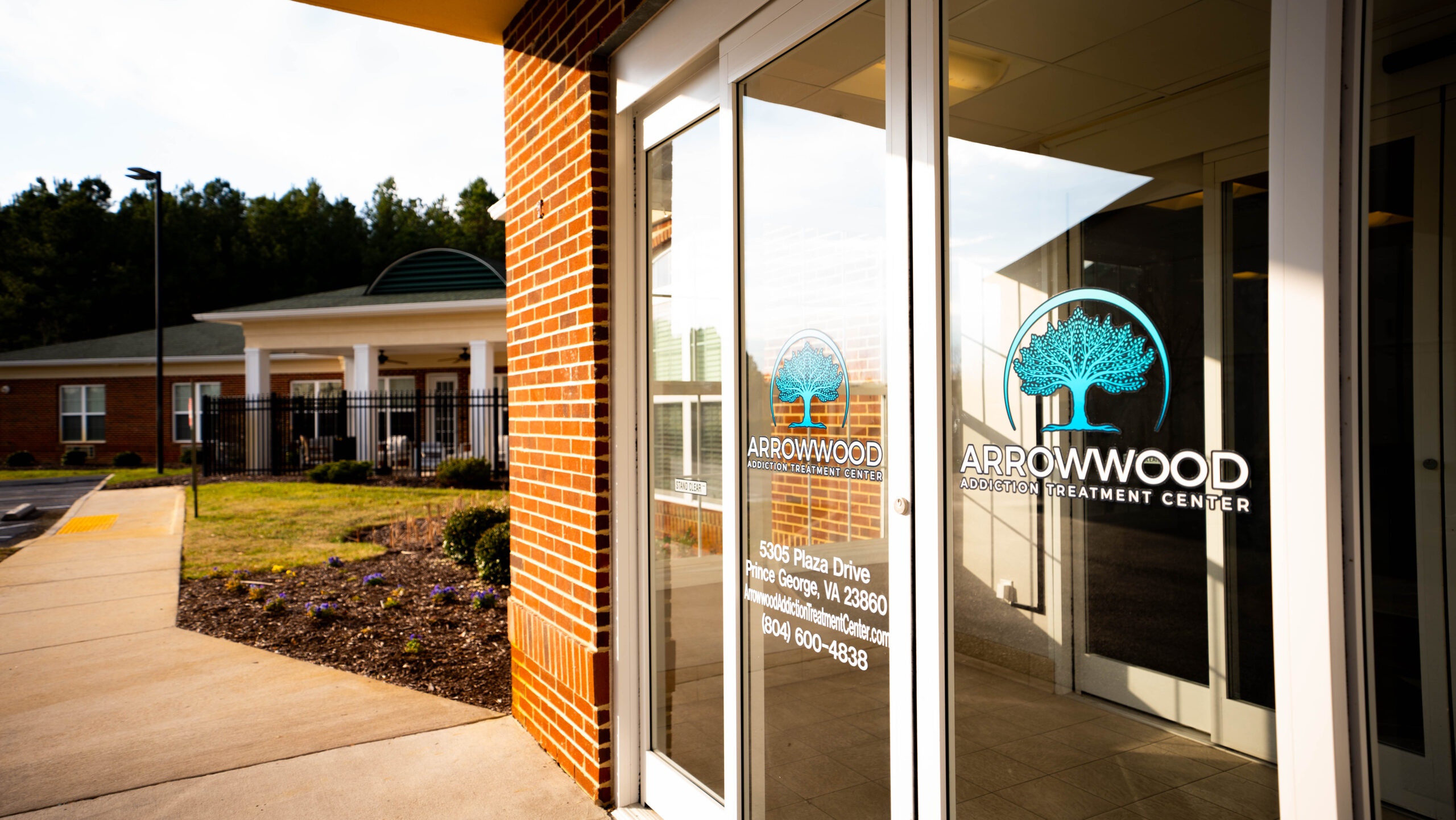Find Enduring Change Through Empathetic Care at New Origins in San Bernardino County
Find Enduring Change Through Empathetic Care at New Origins in San Bernardino County
Blog Article
Unraveling the Misconceptions and Realities Surrounding Addiction Treatment Choices
You could assume addiction is simply an ethical stopping working or that treatment only functions after striking rock bottom. But the fact is far more intricate. Dependency is a chronic disease that requires recurring treatment, and treatment alternatives vary extensively. By understanding the realities and myths surrounding these options, you can better navigate the course to recuperation. What you uncover might change your viewpoint on seeking help and assistance.
Recognizing Dependency as a Persistent Disease
Comprehending dependency requires acknowledging it as a persistent disease, similar to diabetic issues or cardiovascular disease. You might think about dependency as an ethical falling short, however it is very important to watch it through a clinical lens. Much like any kind of persistent problem, dependency can entail adjustments in mind chemistry and structure, bring about compulsive behavior.When you understand dependency in this manner, it becomes clear that therapy isn't regarding willpower; it's about taking care of an intricate health and wellness issue. This understanding can help you locate the right therapy options, whether that's medicine, therapy, or support groups.Recognizing addiction as a chronic illness also urges concern, allowing you to support loved ones fighting with it. You'll see that healing is often a long-lasting process, calling for continuous care and support. With this viewpoint, you can better appreciate the difficulties encountered by those impacted and contribute to an extra encouraging setting for healing.
Usual Misconceptions Concerning Dependency Treatment
Many individuals hold false impressions regarding addiction therapy that can prevent healing efforts. One usual myth is that dependency is simply an absence of determination. This idea overlooks the intricate nature of dependency as a persistent disease that impacts mind chemistry. Another misconception suggests that therapy just works if a person hits "rock bottom." Actually, many individuals can gain from very early intervention, making it vital to seek help faster as opposed to later on. Some likewise believe that rehabilitation is a one-size-fits-all solution. Effective treatment is personalized and thinks about various aspects like specific needs and circumstances. Additionally, lots of think that when treatment is complete, recovery is assured. Recovery is an ongoing procedure that requires continued assistance and strategies. By exposing these misconceptions, you can approach addiction treatment with a more clear understanding, inevitably enhancing your chances of successful healing and a much healthier life.
The Importance of Evidence-Based Strategies

Kinds Of Therapy Options Available
After acknowledging the relevance of evidence-based strategies in dependency treatment, it's vital to explore the different choices offered to you. One popular selection is inpatient treatment, where you remain at a facility for extensive care and assistance. This alternative provides an organized environment, focusing and decreasing disturbances on recovery.Outpatient therapy, on the various other hand, enables you to attend therapy sessions while living in the house, offering flexibility for job or household commitments. You could also take into consideration medication-assisted therapy, which combines medications with counseling to deal with compound use problems effectively.Behavioral therapies, such as Cognitive Behavior Modification (CBT) and Dialectical Behavior Modification (DBT), help you identify and transform adverse thought patterns. Support system, like Alcoholics Anonymous (AA) or Narcotics Anonymous (NA), offer community and shared experiences. Each choice has its toughness, so it's essential to evaluate your demands and preferences to find the finest fit for your recuperation trip.
The Role of Support Systems in Recovery
Support group play a vital duty in your recuperation journey. Involving with household, buddies, and peer networks can give the support and accountability you need to remain on track. When you border yourself with a helpful neighborhood, you're most likely to get over difficulties and accomplish enduring change.
Importance of Neighborhood Assistance
Neighborhood support plays a vital role in addiction healing, as it cultivates a feeling of belonging and accountability. When you border on your own with others who comprehend your struggles, you'll discover support and motivation to remain on track. Involving with support system or neighborhood programs creates a safe area where you can find out and share experiences from each other. These links help in reducing feelings of seclusion, which usually come with addiction. By taking part actively, you get understandings and methods that enhance your coping skills. Plus, becoming part of an area enables you to celebrate milestones, strengthening your dedication to healing. Ultimately, the collective strength of an encouraging network can make all the difference in your trip towards a healthier, sober life.
Family Members Participation in Recuperation
While many factors contribute to successful healing, household involvement frequently stands apart as an essential component in the healing process. Your family members can give a caring environment that cultivates understanding and compassion. When they proactively take part in your recuperation trip, they can help you stay answerable and motivated. Open communication enables you to share your sensations and thoughts, helping to restore trust fund and reinforce bonds.Additionally, household participants can learn concerning dependency and recuperation, making them much better geared up to support you. Their encouragement can help you deal with obstacles and commemorate landmarks along the road. Inevitably, having a strong household support system can greatly boost your opportunities of keeping long-term soberness and achieving a healthier, better life.
Peer Assistance Networks
Household involvement can substantially boost your healing, yet peer assistance networks also play an important role in your journey. Getting in touch with others who share comparable experiences can provide you with friendship, understanding, and encouragement. These networks develop a secure room where you can honestly discuss your obstacles and victories without worry of judgment.Engaging with peers in recovery helps you recognize you're not alone, and it can encourage you to adhere to your objectives. Routine meetings and shared experiences foster responsibility, making it much easier to navigate difficult times. Whether with support system or on the internet forums, these links can enhance your resolve and offer useful recommendations. Accept these networks; they can be a lifeline in your healing procedure.
Personalized Treatment Plans: Why One Dimension Doesn't Fit All
Dependency treatment isn't a one-size-fits-all service; it needs a tailored method that considers your one-of-a-kind scenarios and requirements. Each person's journey with addiction is different, influenced by elements like individual background, psychological health, and support group. That's why an individualized therapy strategy is essential for your success.When you involve in a customized strategy, useful reference experts can determine certain triggers and obstacles you deal with. This enables them to suggest therapies and treatments that resonate with you, whether it's cognitive-behavioral therapy, medication-assisted therapy, or holistic approaches.Moreover, your choices and way of living play a considerable duty in the treatment process. You're much more likely to stay dedicated to a plan that feels right for you. Don't work out for common remedies; advocate for a treatment course tailored to your private needs. Remember, the extra tailored your approach, the better your opportunities for lasting recovery.
Recurring Healing: The Trip Beyond Therapy
When treatment is over; it's just the beginning of a long-lasting dedication, recovery does not finish. Constructing a solid support group can make all the distinction in taking care of difficulties and preventing isolation. You'll require reliable coping methods to handle moments of loneliness along the means.

Support Systems Issue The Majority Of
While navigating the journey beyond therapy, having a strong support group can make all the difference in your continuous recovery. Bordering yourself with people that recognize your objectives and battles creates a security internet. When you encounter obstacles, buddies, family members, and assistance groups can provide motivation. They offer accountability, aiding you remain devoted to your recuperation trip. Sharing experiences with others who've walked a similar course can impart hope and strength. Bear in mind, it's okay to lean on them; you're not the only one. Seek connections that uplift you, and be open regarding your sensations. Growing these connections cultivates a feeling of belonging, which is vital for preserving your development and guiding with the ups and downs of recuperation.
Lifelong Dedication to Recuperation
Embracing a long-lasting dedication to healing means recognizing that the journey does not end after treatment; it's a constant procedure requiring dedication and self-awareness. You'll find that maintaining your recuperation involves daily options and continuous personal development. It's important to establish regimens that sustain your wellness and reinforce the lessons found out throughout treatment. Remaining gotten in touch with your support group, whether with therapy, assistance teams, or relationships, can offer liability and encouragement. Be proactive in attending to triggers and challenges as they emerge, and don't hesitate to look for aid when required. Bear in mind, recovery isn't nearly avoiding compounds; it has to do with building a meeting life that straightens with your goals and worths. Embrace this trip, and commemorate your development in the process.
Coping Methods for Isolation
Feeling lonesome throughout ongoing recuperation can be tough, specifically as you navigate the changes in your life. To deal, try reaching out to encouraging loved ones. They can remind you that you're not the only one in this trip. Consider signing up with support system where you can attach with others encountering comparable struggles. Engaging in hobbies or activities you take pleasure in can additionally aid inhabit your mind and foster links. Volunteering is one more terrific way to meet new individuals while giving back to your neighborhood. Do not undervalue the power of self-care; exercising journaling, reflection, or mindfulness can help you process your feelings. New Origins Addiction Treatment Center. Keep in mind, it's okay to seek specialist assistance if solitude ends up being frustrating. You deserve support as you continue your recovery journey
Frequently Asked Questions
Can Addiction Be Dealt With Without Professional Aid?
Yes, addiction can be handled without expert help, but it's difficult. You'll need look at this website strong support group, self-control, and effective coping approaches. Nonetheless, looking for specialist guidance significantly boosts your opportunities for effective recuperation and enduring change.
What Function Does Family Members Play in Therapy Success?

Are Alternate Treatments Efficient in Dealing With Addiction?
Different treatments can be reliable in dealing with addiction (New Origins Addiction Treatment Center). You may find mindfulness, yoga exercise, or art treatment useful, as they use holistic techniques that complement typical techniques, aiding you manage anxiety and advertise overall wellness
For How Long Does Dependency Therapy Typically Last?
Dependency therapy generally lasts anywhere from a couple of weeks to a number of months, depending upon your needs. It commonly includes assistance, detox, and therapy teams, all customized to aid you attain long lasting recovery and health.
What Happens if Treatment Does Not Function?
If therapy does not work, you might feel dissuaded, find more but it is necessary to reassess your choices. You can check out different treatments, support groups, and even a different approach to discover what really reverberates with you.
Final thought
To sum up, understanding addiction as a chronic disease is vital in resolving misconceptions regarding treatment. By recognizing that efficient healing calls for evidence-based methods and individualized care, you can take the very first steps toward healing. Bear in mind, it's alright to look for assistance and lean on support group as you navigate your trip. Recovery isn't a location but a recurring process. Accept the course in advance, and know that with the right devices and support, you can attain long-term modification. Numerous individuals hold mistaken beliefs regarding dependency treatment that can prevent healing initiatives. In addition, numerous think that as soon as treatment is total, recuperation is ensured. Healing doesn't finish when treatment is over; it's just the beginning of a long-lasting dedication. While steering the journey past treatment, having a strong support system can make all the distinction in your ongoing recovery (New Origins Addiction Treatment Center). Embracing a lifelong commitment to recovery implies acknowledging that the trip does not end after treatment; it's a continual process requiring dedication and self-awareness
Report this page